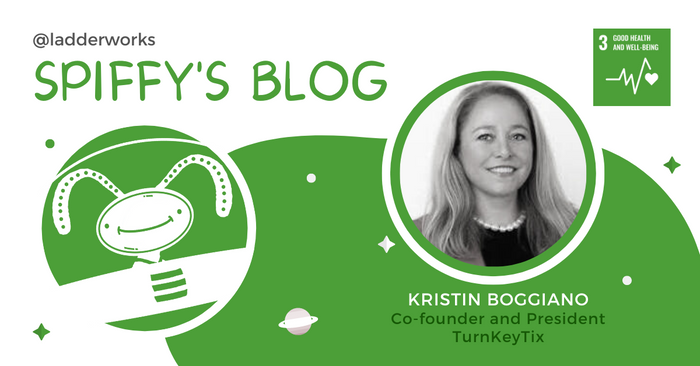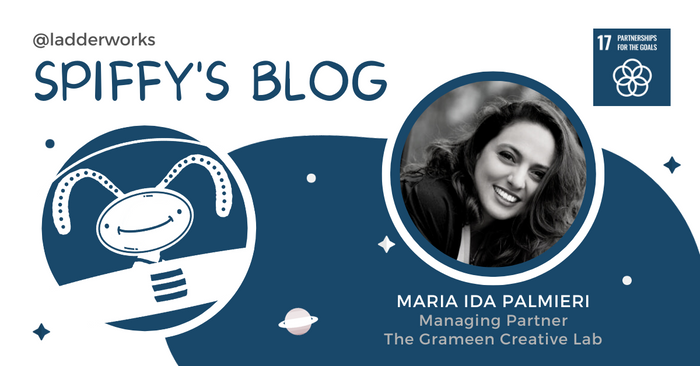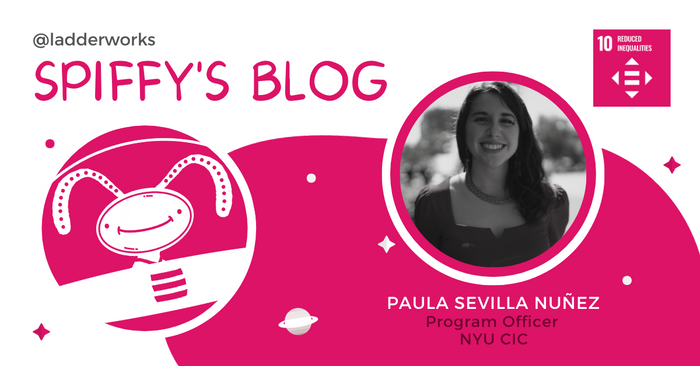Kristin Boggiano: Leveraging Organized Sports to Promote Youth Development

Kristin: Thanks for having me, Spiffy. TurnKeyTix supports the United Nations Sustainable Development Goal (SDG) #3, focusing on leveraging organized sports to combat pediatric obesity, enhance mental health, and promote social, cognitive, and emotional development among youth. TurnKeyTix uses its comprehensive sports management platform to increase access to and participation in youth sports, thereby contributing to better health outcomes and overall well-being. Youth sport improves teamwork, social skills, and social responsibility. It improves educational and occupational skills (e.g., determination, perseverance, grit, resilience, and critical thinking). It is also linked to higher levels of academic achievement. Finally, it leads to a stronger long-term labor market and economy.



